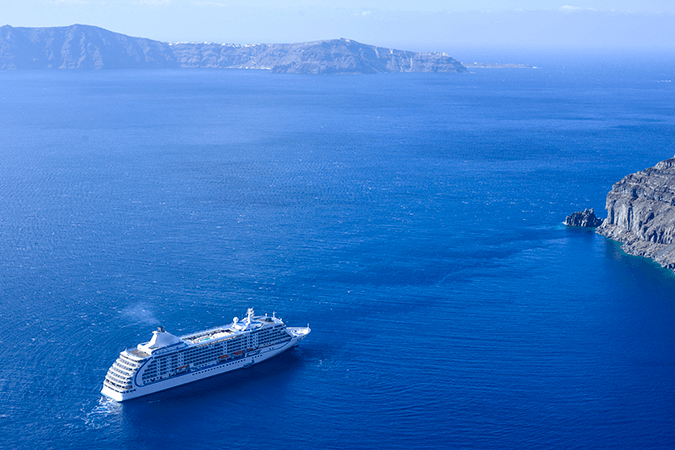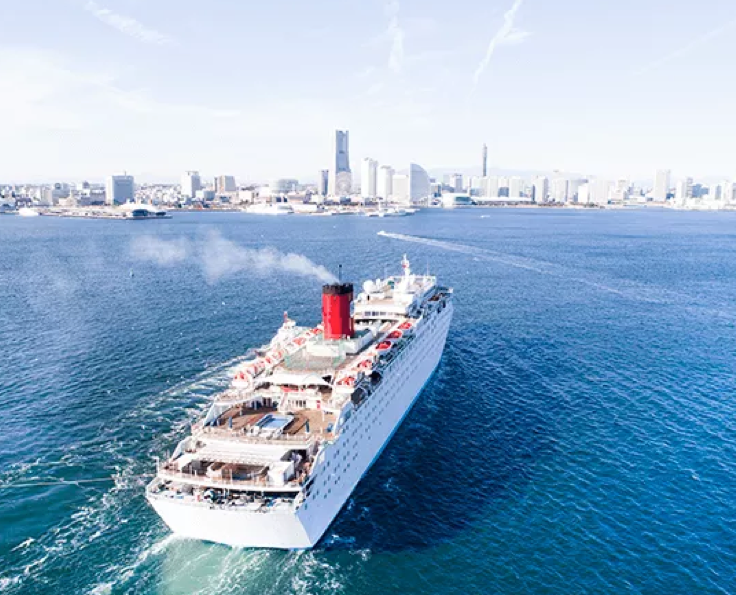Cruise Travel Insurance
Cruise Travel Insurance
*iSelect does not compare all travel insurers or policies in the market and not all policies or special offers are available at all times or in all areas. We currently only provide a comparison service online. Not all policies available from our providers are compared by iSelect and due to commercial arrangements and customer circumstances, not all policies compared by iSelect are available to all customers. Learn more.
Easily compare Travel Insurance
Save time and effort by comparing a range of travel insurance policies with iSelect*
Why take out cruise insurance?
What about Australian coastal cruises?
Cruises are all about kicking back and relaxing, and enjoying the beautiful ocean scenery as it passes by.
Since the trip in itself is so unique, it requires a specific type of travel insurance. Often referred to as a ‘cruise pack’, cruise travel insurance policies are usually optional extras, that don’t tend to be included in standard travel insurance policies.
Why take out cruise insurance?
Medical services provided by ship doctors on a cruise will not be covered by Medicare, or your private health insurance once your ship leaves Australian waters. That’s why having a cruise travel insurance policy could be beneficial.
Cruise insurance typically doesn’t just cover you for medical expenses incurred both onshore and offshore. This special category of international travel insurance can also provide a level of financial protection for missed port departures, lost or delayed luggage, 24/7 emergency assistance, and much more.
What about Australian coastal cruises?
Some travellers mistakenly believe that they’ll be automatically covered by Medicare if their ship is going from one Australian port to another.
However, this is only true if the doctor on board is registered with Medicare. If they aren’t, you could find yourself stuck with a hefty medical bill. Ask yourself if it’s worth the risk.
Things to consider:
From Basic to Mid-Range to Comprehensive cover, you have a lot of options when it comes to choosing cruise insurance. As you search for a suitable policy, here are a few key points to keep in mind:
- Basic vs Comprehensive cover: Unlike Basic cover, a Comprehensive policy offers travel insurance for an extensive list of travel emergencies. It might cost a few extra dollars a day but having the higher level of cover can well be worth it if you need to make a claim.
- Pre-existing medical conditions: Some policies may cover you for certain pre-existing medical conditions, some may not. To avoid any unwanted surprises when making a claim, be sure to read the policy’s terms and conditions and always declare any existing medical conditions on your application.
- Sporting activities: If you’re planning on taking part in activities such as scuba-diving, water-skiing or parasailing during your cruise, check to see if they’re covered on your policy or whether you need to purchase extra cover. In many cases, you will need to purchase extra cover.

Compare cruise insurance with iSelect
Before you set off for a few weeks of sea, sunshine and pure relaxation, don’t forget to make sure you have cruise insurance behind you. Before deciding on a policy ensure you consider the relevant Product Disclosure Statement which provides information about policy inclusions and limitations.

.svg)




